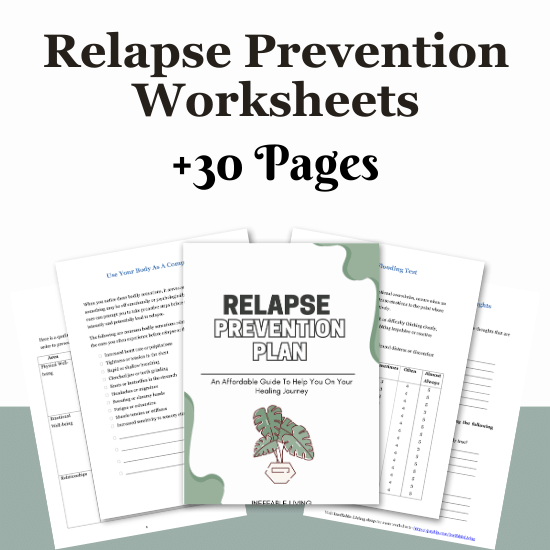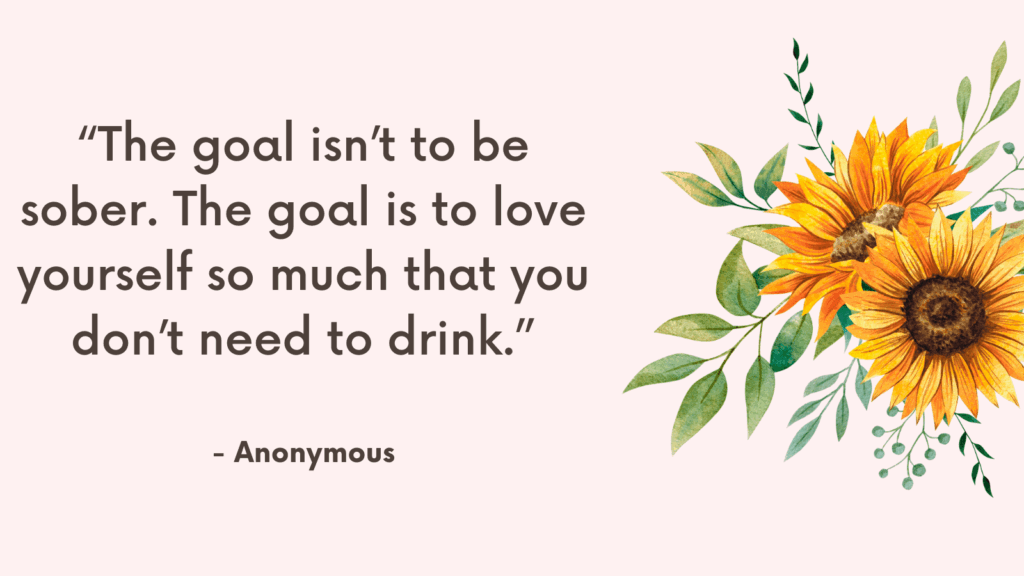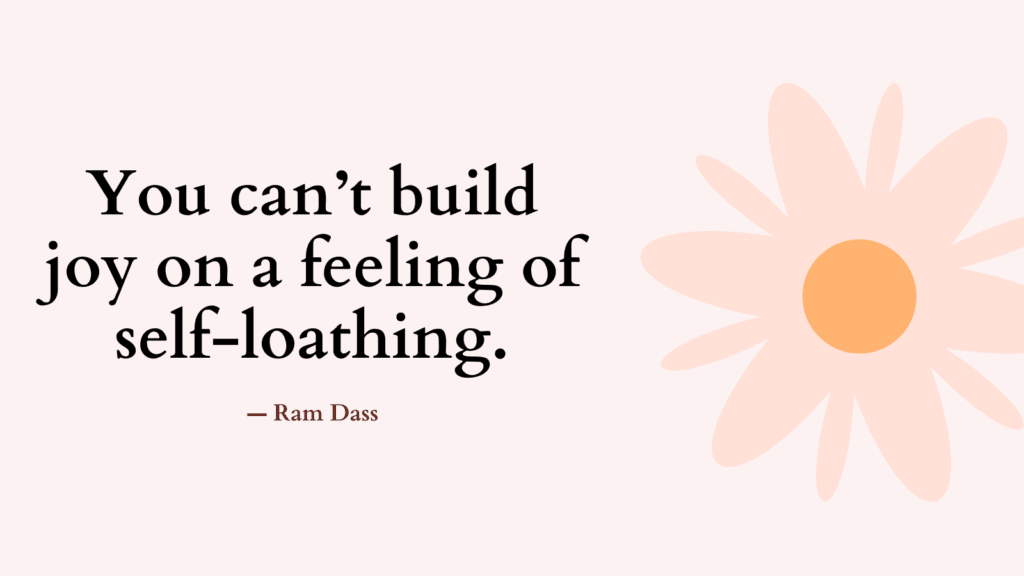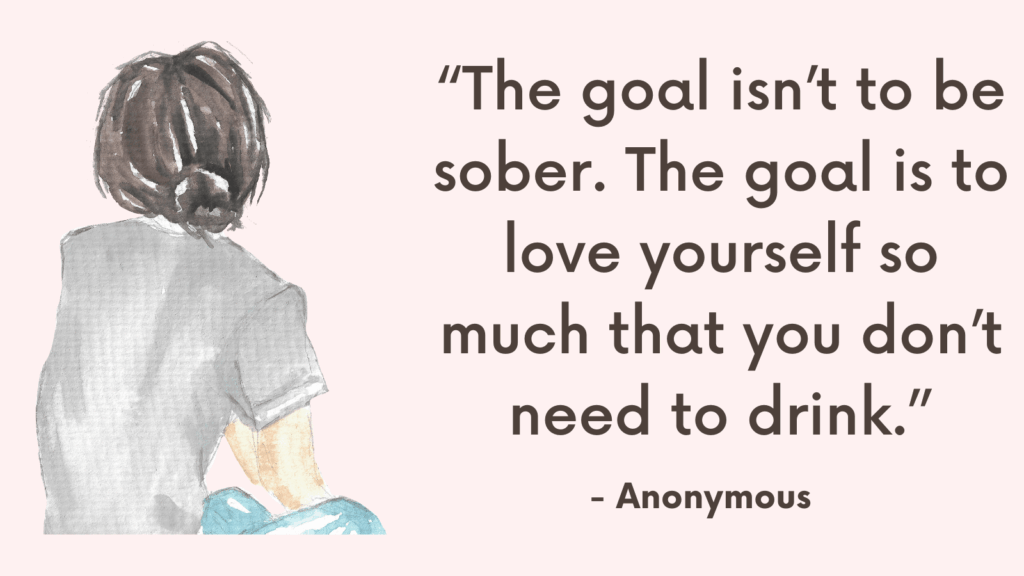Dry drunk syndrome refers to someone who has stopped drinking but hasn’t yet addressed the emotional, psychological, or behavioral patterns that fueled their addiction. They may be sober in terms of alcohol — but they still think, react, and relate in ways shaped by unresolved pain or dependence.
Recognizing dry drunk syndrome is important because sobriety without emotional recovery can still damage relationships, self-worth, and long-term healing.
Here’s how to identify the signs — and why compassion, not criticism, is the key to real recovery.
What Is Dry Drunk Syndrome?
Dry drunk syndrome describes a state where a person has stopped drinking alcohol but hasn’t addressed the emotional, psychological, or behavioral patterns that fueled their addiction. They are sober — but not truly in recovery. The term comes from the observation that while the drinking stops, the dysfunction often continues in different forms.
Someone experiencing dry drunk syndrome might not realize they’re still deeply affected by their addiction. To the outside world, they may appear “better” simply because they’ve quit drinking — but underneath, they’re still stuck in pain, anger, or avoidance.
Why It Happens
Alcohol was likely being used to numb, distract, or escape. When it’s removed, all the underlying emotions (shame, anger, grief, fear) rise to the surface.
If these feelings aren’t processed through therapy, recovery support, or self-reflection, the person may become stuck — angry at the world, angry at themselves, and unsure how to cope without their old crutch.
Related: What Is Emotional Sobriety and How to Achieve It? (+FREE Worksheets)
How to Recognize a Dry Drunk Syndrome?
1. Resentment and Bitterness Replace Alcohol
A person may no longer drink, but their inner world still feels angry, cynical, or hostile.
They may say things like:
- “I’m doing everything right, and nothing’s getting better.”
- “People treat me differently now — I don’t deserve this.”
- “I gave it up. What more do you want?”
Sobriety hasn’t yet brought peace — only tension.
2. Mood Swings and Irritability Continue
Even without alcohol, the person may still experience:
- Frequent irritability or outbursts
- Blaming others for their feelings
- Moodiness that feels unpredictable or reactive
This emotional volatility often stems from unprocessed pain that was once numbed by drinking.
3. Narcissism or Victimhood Mindset
Dry drunk behavior can swing between self-pity and self-importance:
- “Everyone owes me for quitting.”
- “No one understands how hard this is.”
- “I’ve suffered enough — I deserve to be left alone.”
This mindset keeps them emotionally stuck and disconnected from healthy support.
Related: How to Break the Addiction Cycle? [Definitive Guide]
4. Lack of Accountability
They may avoid self-reflection or get defensive when past behavior is brought up.
- Denying they ever had a real problem
- Saying, “It’s over, so why bring it up?”
- Blaming others for everything that went wrong before or after quitting
True recovery involves ownership — not just abstinence.
5. Continued Addictive Thinking or Behaviors
Even if alcohol is gone, they may seek control, intensity, or escape through other means:
- Overeating, overworking, or compulsive habits
- Controlling loved ones
- Seeking drama or chaos to feel something
The emotional addiction remains, even if the substance doesn’t.
6. Refusal to Seek Help or Support
They might resist therapy, recovery groups, or emotional growth tools, believing that quitting drinking was enough.
Statements like:
- “I don’t need help — I already quit.”
- “Meetings aren’t for me.”
- “I’m fine. Everyone else is the problem.”
This refusal blocks deeper healing.
7. Relationships Still Feel Unstable
Loved ones may feel like they’re “walking on eggshells,” even after sobriety.
Emotional unavailability, defensiveness, or isolation often persist, making it hard to truly reconnect.
The household may still feel unpredictable or emotionally tense.
Related: 4 Stages of Addiction (+FREE Worksheets)
How to Recover from Dry Drunk Syndrome?
1. Admit That Sobriety Alone Isn’t Enough
The first step is acknowledging the difference between not drinking and truly healing.
You can be sober and still:
- Feel resentful or bitter
- Struggle with emotional outbursts or numbness
- Blame others for your unhappiness
- Feel lost or disconnected from yourself
Say to yourself: “I’m sober — but I still need to recover emotionally.”
2. Get Honest About Your Emotions
Dry drunk syndrome often involves bottled-up feelings: grief, shame, guilt, fear, loneliness.
Alcohol used to keep those feelings at bay — now they’re exposed.
Start asking:
- What am I avoiding emotionally?
- What am I afraid to feel?
- What patterns keep showing up in my relationships?
Recovery starts when you feel what you used to avoid.
Related: Top 9 Excuses For Not Drinking
3. Join a Supportive Recovery Community
You don’t have to do this alone. You shouldn’t do this alone.
Whether it’s:
- AA or 12-step programs
- SMART Recovery
- Refuge Recovery (Buddhist approach)
- Group therapy or an online sober support group
Being seen, heard, and supported is healing in itself.
Surround yourself with others who are also doing the work, not just staying dry.
4. Work With a Therapist or Recovery Coach
A professional can help you unpack the pain and patterns beneath your addiction.
Look for someone who understands:
- Addiction recovery
- Trauma and emotional regulation
- Family of origin issues or attachment wounds
Therapy is not just for crisis — it’s for growth.
Related: What Is Emotional Addiction & How to Overcome It
5. Rebuild an Inner Life — Not Just an Outer One
Sobriety creates space. Now you need to fill it with meaning.
Explore:
- Spirituality or mindfulness
- Creativity, movement, or nature
- Journaling or self-reflection
- Service or volunteering
You’re not just quitting something — you’re becoming someone.
6. Make Amends — With Yourself, Too
Dry drunk syndrome often involves unresolved guilt. Part of recovery is repairing, not just regretting.
Yes, make amends to others where appropriate — but also learn to forgive yourself.
Say:
- “I did the best I could with what I knew.”
- “I’m learning how to show up differently now.”
- “My past doesn’t define my future.”
Self-compassion is the foundation of sustainable recovery.
7. Practice New Emotional Coping Skills
Without alcohol, you need healthy ways to manage stress, anger, sadness, and boredom.
Try:
- Deep breathing or grounding
- Exercise or physical release
- Creative expression
- Talking it out instead of shutting down
Recovery isn’t about being calm all the time — it’s about responding instead of reacting.
8. Redefine What It Means to Be “Recovered”
Recovery isn’t just not drinking. It’s:
- Feeling your feelings without escaping
- Taking responsibility for your life
- Rebuilding relationships with honesty
- Living with purpose and integrity
And yes — it’s messy, nonlinear, and deeply human.
Related: How to Avoid Addiction? Top 9 Things You Can Do

Conclusion
Dry drunk syndrome isn’t a sign of failure — it’s a sign that recovery needs to go deeper.
Sobriety is a powerful first step. But healing requires emotional honesty, support, and growth beyond just quitting.
If you recognize these signs in yourself or someone you love, know that it’s never too late to start the real work.
Recovery doesn’t end at sobriety — that’s where it truly begins.



